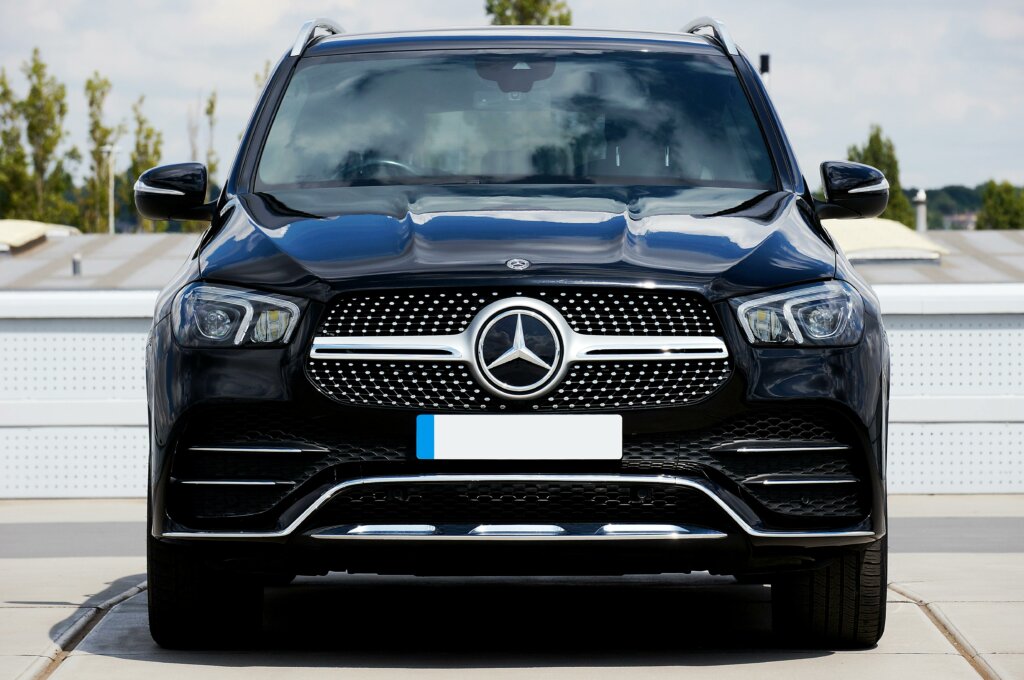Everything You Should Know About Hybrid Cars in India
With the increasing focus on sustainable and eco-friendly technologies, hybrid cars are gaining popularity in India. These vehicles offer the perfect blend of traditional fuel and electric power, providing an efficient and environmentally friendly driving experience. Let’s dive into the world of hybrid cars to understand what they are, how they work, their different types, and why they might be the future of automotive technology.

What are Hybrid Cars: Hybrid cars combine two types of power sources: an internal combustion engine (ICE) and one or more electric motors. The idea is to utilize the strengths of both power sources to improve fuel efficiency, reduce emissions, and provide a better driving experience. In simple terms, hybrid cars use a mix of petrol or diesel and electricity to power the vehicle.
How do Hybrid Cars Work: Here’s a basic rundown of how hybrid cars operate:
1. Starting and Low Speed: At startup and low speeds, hybrid cars typically rely on the electric motor, which draws power from the battery. This helps in reducing fuel consumption and emissions.
2. Acceleration: When accelerating, the hybrid system combines the power of the electric motor and the internal combustion engine to provide a boost, improving performance.
3. Cruising: While cruising at higher speeds, the internal combustion engine takes over, with the electric motor assisting as needed.
4. Braking and Stopping: During braking or deceleration, hybrid cars use regenerative braking to recharge the battery, converting kinetic energy back into electrical energy.
5. Idle: At idle, such as at traffic lights, the internal combustion engine can shut off to save fuel, with the electric motor taking over if needed.
Advantages of Hybrid Cars: Hybrid cars offer several benefits:
1. Fuel Efficiency: By combining electric and fuel power, hybrid cars significantly improve fuel efficiency.
2. Lower Emissions: Hybrid cars emit fewer pollutants compared to conventional vehicles, making them more environmentally friendly.
3. Regenerative Braking: This feature allows the car to recharge its battery while braking, increasing overall efficiency.
4. Reduced Dependency on Fossil Fuels: By using electric power, hybrid cars help reduce the consumption of petrol and diesel.
Some of the best options available in India: Toyota Innova Hycross: Rs. 30.98 Lakh, Mercedes-Benz C-Class: Rs. 62.85 Lakh, Toyota Camry: Rs. 46.17 Lakh, Mercedes-Benz GLE: Rs. 96.65 Lakh.
Lowest Priced Hybrid Cars in India: For budget-conscious buyers, the lowest priced hybrid cars include: – Toyota Urban Cruiser Hyryder: Rs. 11.14 Lakh, Maruti Suzuki Grand Vitara: Rs. 10.87 Lakh, Honda City Hybrid eHEV: Rs. 19.04 Lakh.
Most Expensive Hybrid Cars in India: For those seeking luxury and performance, the most expensive hybrid cars are: – Lamborghini Revuelto: Rs. 8.89 Crore, Mercedes-Benz AMG S 63 E Performance: Rs. 3.8 Crore, Mercedes-Benz AMG GT 63 S E Performance: Rs. 3.3 Crore.
Latest Hybrid Cars in India: Mercedes-Benz C-Class: Rs. 62.85 Lakh, Mercedes-Benz AMG S 63 E Performance: Rs. 3.8 Crore, Lexus LM: Rs. 2 Crore.
In conclusion, hybrid cars represent a significant step towards a greener and more sustainable future. With various options available, from affordable models to high-end luxury vehicles, there’s a hybrid car to suit every need and budget. Embrace the future of driving with hybrid technology, and enjoy the benefits of improved fuel efficiency and reduced emissions.